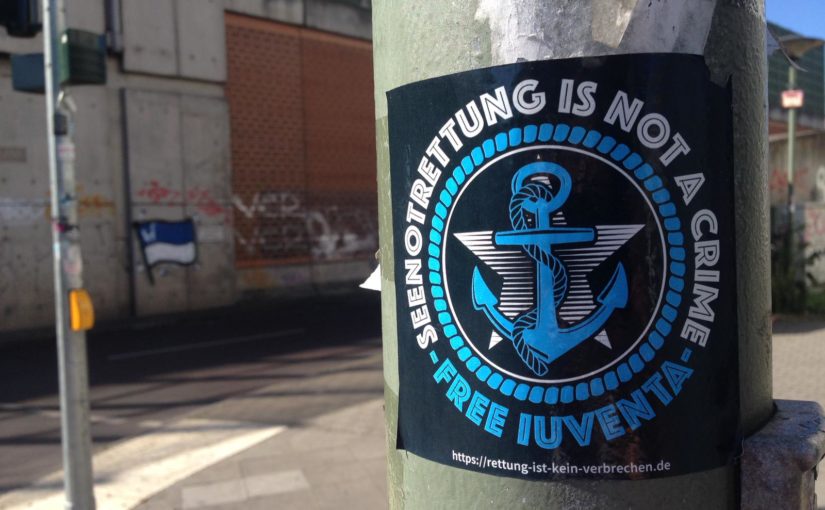By Juulia Kela
A screenshot from the Finnish Parliamentary Archives from 1932.
In conducting archival research for the CrimScapes project’s first phase on genealogies of different figures of crime, I tried to keep in mind something I once read in an interview from the phenomenal Marcus Rediker, who writes “histories from below” of slave rebellions, pirates, and abolition. I recall reading that Rediker ended up writing an entire book on a previously less known abolitionist ally, Quaker dwarf Benjamin Lay, by keeping hold of fascinating archival details that he found while working on an altogether different piece of historical research.
So, while piecing together a genealogy of the ‘infectious criminal’ through Finnish parliamentary archives (scouring through parliamentary discussions on sex work, vagrancy, and prison camps to find where, how, and who was punished for transmitting diseases, especially sexually transmitted ones), I kept a folder of tangential archival traces. The above screenshot is one such trace. It is a section of a parliamentary debate from 1932 on the Vagrancy Act, in which the speaker argues that:
“We cannot afford to waste the nation’s strength or to see how crime is increasing precisely through this army of vagrants. Current vagrancy laws are far too complicated, long and inefficient. That is why I believe it is important that the concept of vagrancy should be expanded and that all necessary measures be taken before this crowd of vagrants has grown so large that it in fact terrorises the whole of society and the state.”
I suspect that this little passage casts a long shadow into current parliamentary and similar official political discourses of the Other in Finland. In this passage alone, we see a glimpse of the creation and casting out of vagrancy from ‘society’. We see in action the official narration of both the acceptable citizen – the docile wage labourer – and the figure of the vagrant, whom the former is at threat of being ‘terrorised’ by.
I never used this passage in the paper on the ‘infectious criminal’ I ended up writing (to be published alongside some of my CrimScapes colleagues’ and affiliates later this year in a Special Issue) – but more than once, I have found myself returning to it while discussing nationalism with my friends and acquaintances. Contemporarily, delineations of belonging and non-belonging are visibly harsh yet often unacknowledged in Finnish public, parliamentary, and media spheres. The state is clearly benevolent towards those narrated and defined as belonging to it, but (according to this narrative, obscurely) punitive towards those deviating from a productive, docile, white Nordic-ness. This phenomenon has been written about as the ‘Janus face’ of Nordic regimes of punishment by sociologist Vanessa Barker.
In the above parliamentary debate, with the language that is used, we see how vagrancy hands itself as one of the genealogical nodes of many current forms of the Other in Finland – be it sex workers, racialised migrants (which extends itself to how the genocide in Gaza, Palestine and Palestinians have been portrayed in Finnish media since last fall), people who use drugs, or the unemployed. This archived piece of debate is fascinating – it brings us to genealogies which break the fiction of a unified Finnish past.
